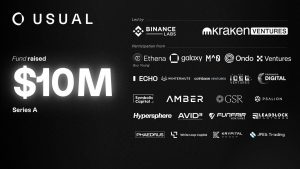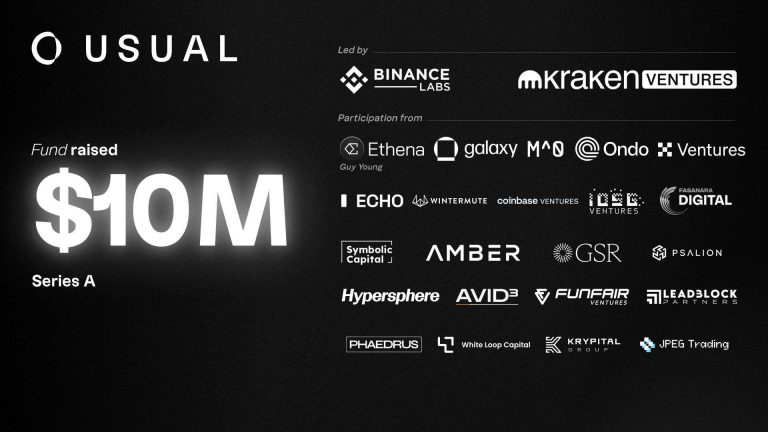Autonomous vehicle technology and electrification startups were once the darlings of the VC and corporate world. The two technologies promised billions of dollars in revenue — and a new pathway for automakers to make money beyond building and selling cars.
Those VC-money-printing days have been over for AVs for a while now, with a few exceptions like Waymo and Wayve. But as 2024 kicked off, there was still a lingering EV buzz in the air, albeit quieter than before.
Now, as 2024 draws to a close, it’s safe to say that buzz is more of a whisper, with several EV startups faltering and automakers readjusting their investment plans.
EV demand started softening in 2023, and even though sales volume has overall increased, the pace of growth has been far below what was expected. In 2024, automakers responded. Ford pivoted its plans, which included abandoning a plan to make an all-electric three-row SUV and opting instead to power those future vehicles with hybrid powertrains. GM, which had already pulled back EV spending in 2023, made more moves in 2024, most recently offloading its stake in the nearly completed Ultium Cells battery cell plant in Lansing, Michigan, to its joint venture partner LG Energy Solution. Stellantis and Mercedes paused plans on EV battery factories.
Toyota’s often-criticized approach to go slow on EVs and continue to prioritize gas and hybrid vehicles now looks like the smart move.
The results weren’t great for EV startups either.
Meanwhile, AVs had their hypey moment in the VC sun a few years ago before reality hit: It turns out driverless cars are hard, the business model isn’t proven, and those backers might not have the patience for a long-term pre-revenue bet.
A first wave of consolidation swept through the sector in 2019 and 2020. Some AV (and EV) startups merged with special purpose acquisition companies in search of the public-market capital necessary to commercialize their tech. Others stuck with big-name automaker backers. There were setbacks for both strategies in 2022 and 2023, prompting a last scramble for survival: the pivot.
AV startups that were once focused on opportunities in driverless cars tried applying their tech to warehouses, mining, and agriculture. But it turns out those areas were already hopping with competition. Others stuck to their original mission, but turned into dual-use companies because defense tech is so very hot these days.
In short, 2024 was the year when the weaker startups bid farewell and corporate entities took a hard look at what they were spending on and said “time to move on.”
Apple car project
Apple not-so-secret car project, we didn’t even know ya. And yet, we all felt the loss. Perhaps because we have been hearing about the promise and vague plans for an Apple electric and autonomous (maybe) car for so long — a decade since the first plans leaked. Apple made it official in 2024: the car project was canceled.
I can’t wait for 2025 and the breaking news scoop that this project is on again.
Arrival
This EV startup, which wanted to use microfactories to manufacture its commercial electric vans and buses, was once valued more than $13 billion and backed by Hyundai and UPS. The company went public in 2021 via a SPAC and by 2023 was in trouble — even with a $300 million lifeline meant to turn the business around. Less than a year later, Arrival announced its U.K. division was entering administration, the country’s version of bankruptcy.
Parting shot: Troubled EV startup Canoo, bought some of Arrival’s assets after its bankruptcy filing.
Cake
Ebikes and e-motorcycles had a moment during the Covid pandemic, but that didn’t guarantee survival. In February, Swedish company Cake filed for bankruptcy. The company, best known for making high-design bikes, was apparently in the midst of a funding round. The withdrawal of an investor tipped its fate in the wrong direction. In the weeks that followed, a Florida man who owns a retail shop bought the majority of its U.S. inventory.
Cake did get a second life however. The company emerged from bankruptcy and was acquired by Norwegian auto dealer, Brages Holding AS.
Cruise robotaxi
Cruise is technically not dead. The self-driving vehicle company will live on, its parent company GM says, but it’s not clear exactly what shape it’ll take. But GM is no longer funding the commercial robotaxi program, which was Cruise’s focus. The decision “blindsided” Cruise employees, including top executives.
This decision is just beginning to ripple through the organization. Expect a lot more news about Cruise and GM’s plans for automated driving in 2025.
Fisker
Where do we begin? The year didn’t start off well for Fisker as the EV startup struggled to meet internal sales goals and its Ocean SUV was investigated by federal safety regulators over complaints on brake loss. It got worse from there with more federal probes, layoffs, a suspension from the New York Stock Exchange, and eventually bankruptcy by June. Here’s a timeline of events. Be sure to read some of reporter Sean O’Kane’s coverage, including Inside EV startup Fisker’s collapse: how the company crumbled under its founders’ whims.
Ghost Autonomy
Ghost Autonomy, an autonomous driving software startup, shut down in February. The startup, founded in 2017 as Ghost Locomotion, had gone through a few pivots. It had ultimately raised $220 million before closing for good.
Lilium
Lilium, the electric vertical takeoff and landing startup, shut down in October after running out of money. Here’s an astonishing figure to consider. The company had raised more than $1 billion from investors before going public in 2021 on the Nasdaq Exchange via a reverse merger with a blank-check company, SPAC Qell.
There is still interest in electric aircraft startups. In the past several months, a German startup called Vaeridion that’s developing short haul electric aircraft closed a 14 million euros Series A round, Archer raised $430 million to build defense aircraft, and Toyota made a $500 million investment into Joby Aviation.
However, it is not clear, blue, and 22 for this sector. Turbulence ahead.
Northvolt
Swedish battery manufacturer Northvolt announced in November it was filing for bankruptcy in the U.S. and its co-founder and CEO Peter Carlson resigned. The company was an investor favorite, raising $14.26 billion, according to PitchBook, including a $1.2 billion round in 2023 to expand operations in North America.
Phantom Auto
The California startup, which had developed a teleoperation platform that allowed a remote driver, sometimes located thousands of miles away, to operate a vehicle if needed, shut down in March. The company had raised a total of $95 million from a mix of backers, including angel investors and early-stage VCs such as Bessemer Venture Partners and Maniv Mobility, private equity firm InfraBridge and strategic investors such as ArcBest and ConGlobal.


























+ There are no comments
Add yours